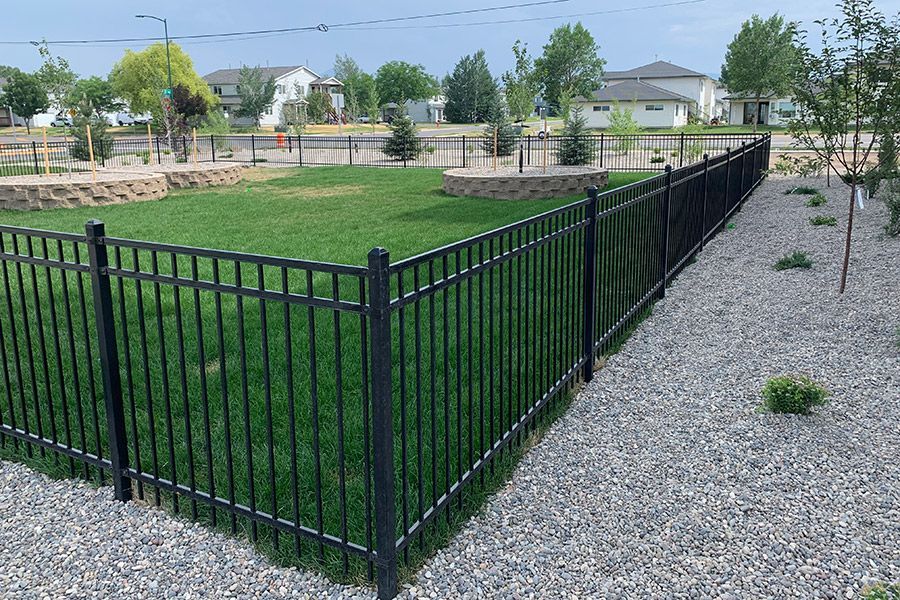Explore the best material for your garden fence with our in-depth comparison of wood and vinyl fencing.
Why the Right Fencing Material Is Essential
When it comes to garden fencing, the material you choose can make a big difference. A fence isn’t just a functional boundary—it’s also a design element that shapes the look and feel of your outdoor space. Understanding the advantages and disadvantages of wood and vinyl fencing will help you make an informed decision for your garden’s needs and your personal preferences.
Pros and Cons of Wooden Fencing
Wood fencing has been a classic choice for gardens for decades. Its natural feel and versatility make it a favorite among homeowners.
- Pros:
- Warm, traditional aesthetic that complements any garden.
- Customizable with different finishes and coatings.
- Eco-friendly if sourced from sustainable materials.
- Cons:
- Prone to wear, rot, and weather-related damage if not maintained.
- Requires upkeep, such as painting or staining to preserve its appearance.
- Can attract pests like termites or carpenter ants.
Pros and Cons of Vinyl Fencing
Vinyl fencing has become a popular alternative as a modern, low-maintenance option for garden enclosures.
- Pros:
- Durable and resistant to damage, pests, and deterioration.
- Virtually no-maintenance—no painting or staining required.
- Available in a variety of colors, styles, and patterns, including wood-like finishes.
- Cons:
- Higher initial cost compared to wood.
- Less eco-friendly due to the production process.
- Limited customization options (cannot be stained).
Cost and Maintenance Comparison
Cost and maintenance are two key factors to consider when choosing between wood and vinyl fencing.
- Wood Fencing:
- Cost: Generally cheaper upfront, but ongoing maintenance (painting, sealing) adds to long-term expenses.
- Maintenance: Requires frequent care to prevent decay and preserve its appearance.
- Vinyl Fencing:
- Cost: Higher initial investment, but little to no maintenance reduces long-term costs.
- Maintenance: Easy cleaning with soap and water is sufficient to keep it looking new.
Best Use Cases for Each Material
Depending on your garden’s style and functional needs, one material may be better suited than the other:
- Wood Fencing: Ideal for gardens with a earthy or natural aesthetic. It’s also a great choice if you enjoy DIY projects and don’t mind regular upkeep.
- Vinyl Fencing: Perfect for modern gardens where easy care and long-term durability are priorities. Vinyl works well in areas with harsh climates.
Finding the Perfect Balance for Your Garden
Ultimately, the choice between wood and vinyl fencing depends on your budget, maintenance preferences, and garden style. Both materials offer unique advantages and can enhance the beauty and functionality of your outdoor space.
Tip: Combine the natural beauty of wood with the strength of vinyl by using hybrid designs, or consult with a fencing expert to find the best solution for your garden.
